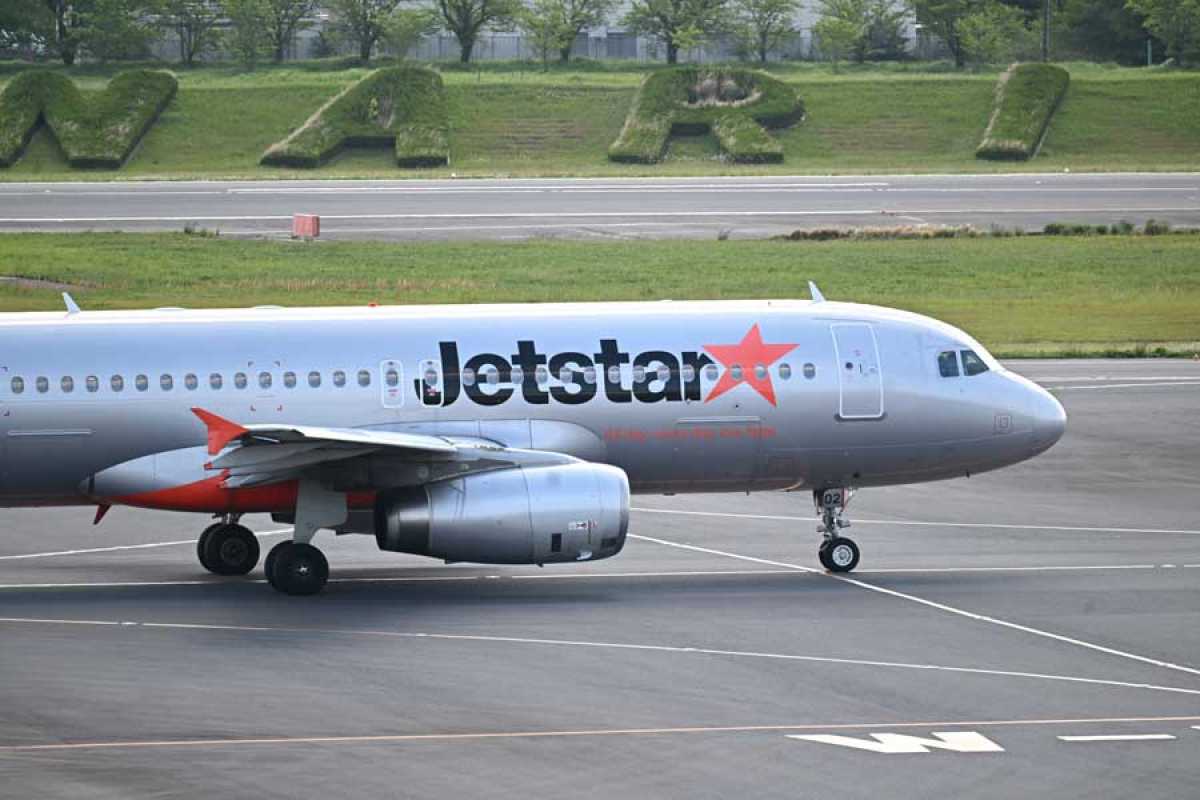Business
Jetstar Japan Crew Union Goes on Strike over Unpaid Overtime

The Jetstar Crew Association (JCA), representing pilots and cabin crew at budget airline Jetstar Japan, has initiated coordinated strike action after failed negotiations with the management. The strike, which commenced on December 22, led to significant disruptions in domestic services during the busy holiday period.
Jetstar Japan, a joint-venture enterprise between Qantas, Japan Airlines, and Tokyo Century Corporation, was established in 2011. The JCA, founded in July 2018, commenced bargaining with Jetstar Japan’s management in September 2022 for a new collective agreement.
As negotiations progressed, key issues of contention emerged. Management refused to pay unpaid overtime wages and reinstate a commuting allowance that was reduced without worker consent. Additionally, the company denied the union’s claim for space for a union office and notice board in the workplace. These issues resulted in negotiations reaching a deadlock.
On December 24, two domestic flights between Narita and Fukuoka were canceled due to the strike, and disruptions continued for the following 10 days. The strike intensified on December 29 when an additional 36 JCA members joined, leading to the cancellation of 17 flights affecting 2600 passengers. A further eight flights were canceled on December 30, and the strike peaked on December 31 with 22 flights being canceled.
Meetings between the union and management were held but failed to resolve the ongoing issues. However, on January 1, the strike was called off earlier than planned after an earthquake hit Ishikawa prefecture. All staff members returned to regular duties on January 2 to cope with the increased demand caused by the unforeseen natural disaster.
Jetstar Japan’s parent company, Qantas, has a history of contentious labor relations. In 2011, Qantas grounded its domestic fleet during bargaining with three unions. In 2019, Jetstar Australia faced strikes by pilots and ground staff after negotiations with the Transport Workers Union (TWU) broke down. The following year, Qantas attempted to exploit a provision in the Fair Work Act to terminate an expired agreement covering Qantas cabin crew members who are members of the Flight Attendant’s Association of Australia (FAAA).
One of Qantas’ extreme tactics was ruled by the High Court in 2020 as being in breach of the General Protections found in the Fair Work Act after unlawfully dismissing over 1700 baggage handlers, cleaners, and ground staff. These employees, members of the TWU, were replaced with outsourced labor.












